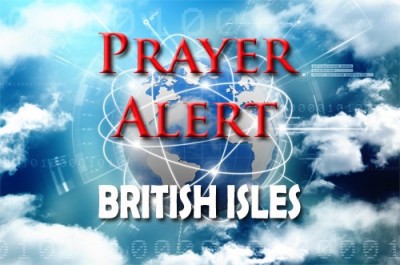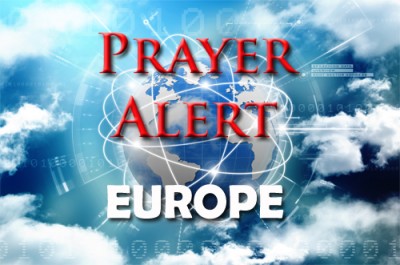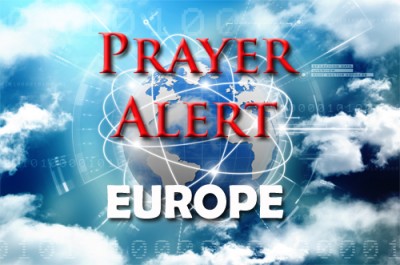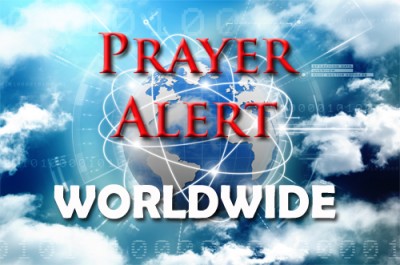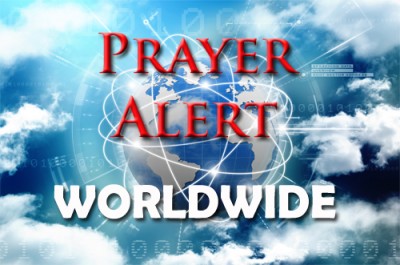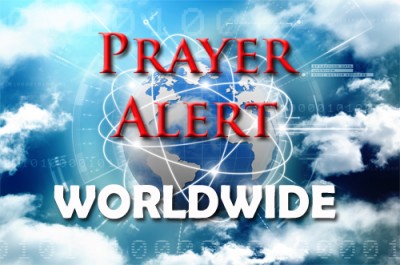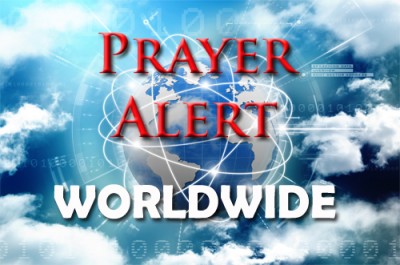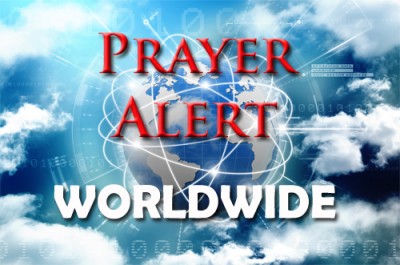An inspection found that England's second-largest police force had failed to record over 80,000 crimes in a year, and closed cases without proper investigation. About 220 crimes a day went unrecorded in the year up to June 2020. The inspectors said their service to victims of crime was a ‘serious cause of concern’. One in five of all crimes and one in four violent crimes reported were not recorded. Officers prematurely closed investigations because the victim did not support police action. Inspector Zoe Billingham said, ‘In too many cases the force did not properly record evidence, particularly in domestic abuse cases: seven in 10 were closed on this basis. Despite being urged in 2016 to improve, concerns have not been addressed. In their defence the police force said the inspection coincided with a troubled computer system and challenges during the Covid lockdown’. A further inspection will take place after six months.
Venice flooded again as new dam system fails
10 Dec 2020A massive new flood defence system called MOSE, aimed at protecting Venice's lagoon during high tide, was finally installed in October. This week St Mark's Square was again under water, after MOSE did not activate due to human error. Residents, long accustomed to perennial high water events, pulled on their rubber boots once more to deal with flooding that reached a high of 4.5 feet above sea level. Waters drowned the square and invaded the famous basilica as shopkeepers blocked their entrances with wood panels to keep the water out. The MOSE project began in 2003 but was plagued by cost overruns of $6 billion, corruption scandals and delays.
Spain: lions have coronavirus
10 Dec 2020Four lions at Barcelona Zoo have tested positive for coronavirus after being given Covid tests when a zookeeper noticed they were displaying suspicious symptoms. The lions were familiar enough with the zookeepers to allow them to swab their noses and mouths in the same way that humans are tested. Although it is not yet known how the lions contracted Covid, two human staff at the zoo have also tested positive. The zoo has contacted its counterparts at the Bronx Zoo in New York, where the first confirmed cases of Covid in large cats was reported. They all recovered. There have been cases of Covid in domestic dogs and cats and large outbreaks among mink around the world. It is not fully known which animals can and cannot contract Covid from contact with infected humans, and no confirmation of animals re-infecting humans.
Between 20 November and 3 December, at least thirty Christians were killed, and ten young women and girls raped, in attacks on five villages by the extremist Allied Democratic Forces. Locals described scenes of terrified Christians flooding into the streets as the jihadists surrounded churches, armed with guns, clubs, machetes, swords and axes. Fourteen Christians with severe wounds are in hospital in a critical condition, and at least fifteen people were abducted. A survivor, hiding in the latrine, watched through a vent as his wife and three children were murdered. A pastor In Mayitike said the militants tried to force villagers to convert to Islam before killing them. When his family refused to convert, they shot his wife in the head and cut their four children into pieces with a sword.
Famed Christian geneticist Francis Collins has urged churches to remain closed to prevent the spread of Covid-19 amongst congregations. Speaking to the Southern Baptist Convention, Collins said that churches gathering in person are a ‘source of considerable concern’ because of the potential for ‘super-spreading’. Meanwhile the US Supreme Court ordered a federal district court to reconsider its support for restrictions on indoor religious services in California. The restrictions are being contested in several other American courts by Christians insisting their liberties are being infringed. Collins also urged Christians to reject the idea that mask requirements ‘invade your personal freedom’. He said, ‘This is a lifesaving device. When you put on that mask, you're protecting yourself from other people, but mostly you're protecting them from you. You're doing the unselfish, loving thing of saying, “I'm going to protect people from me”. That's a Christian action if ever I've heard one.’
South Georgia: huge iceberg threatens wildlife
10 Dec 2020Experts from around the world are anxiously monitoring the world’s largest iceberg - the size of Devon - as it creeps close to the shores of South Georgia, putting the lives of thousands of seals, penguins and other wildlife at risk. It is travelling towards a wildlife haven, a breeding ground for over a million animals. It is estimated to weigh one trillion tons and is only 200 metres deep, so it can get much closer to land before running aground. It is travelling at 1mph. Dr Andrew Fleming from the British Antarctic Survey, which has two monitoring stations on South Georgia, said, 'The next two to three weeks are going to be key in deciding whether the berg will hit South Georgia or narrowly miss it. The fact that it is still in one piece is unusual; it is the biggest iceberg in the world right now, and probably in the top five ever.'
India / China: water war
10 Dec 2020Beijing and New Delhi have long been at loggerheads over a disputed border in the Himalayan mountains (see ) This led to massive skirmishes earlier this year. The two Asian powers are battling it out over water. China will build a hydroelectric project in one of the largest rivers in the world, which Indians call the Brahmaputra River. After Beijing announced its biggest hydropower project in history, New Delhi said that its aggressive plans could have major implications for India's food and water security, and would give China power to use waterways as a ‘weapon.’ Indian officials are now considering a rival water project in the same waters, from Arunachal Pradesh to Bangladesh. Analysts say that things could quickly spiral out of control because the two powers have not honoured a water-sharing agreement, which usually governs plans and discussions surrounding new water projects.
Turkey: bogus reforms ‘charm offensive’
10 Dec 2020Last week we prayed for change and the need for reforms to alter the way Turkey polices, prosecutes, judges, and imprisons its residents. Almost all Kurdish mayors have been replaced by government-appointed administrators. Judges whose verdicts disagree with government diktats are probed and often punished. 63,014 people were prosecuted for insulting President Erdoğan between 2014 and 2019; 9,554 of them were sentenced. A political analyst said Erdoğan's reform program survived only nine days, and his charm offensive is fake and is too little too late. He wants Turkey to continue as a third-world democracy while hoping to lure foreign investment on the same terms as a Western democracy, but investors are leaving. The economy is in freefall, with double-digit inflation and central bank interest rates up to 15%, while unemployment rises sharply. Erdogan promises to democratise, hoping to reverse the economic downfall, but that will not happen without real reforms.
